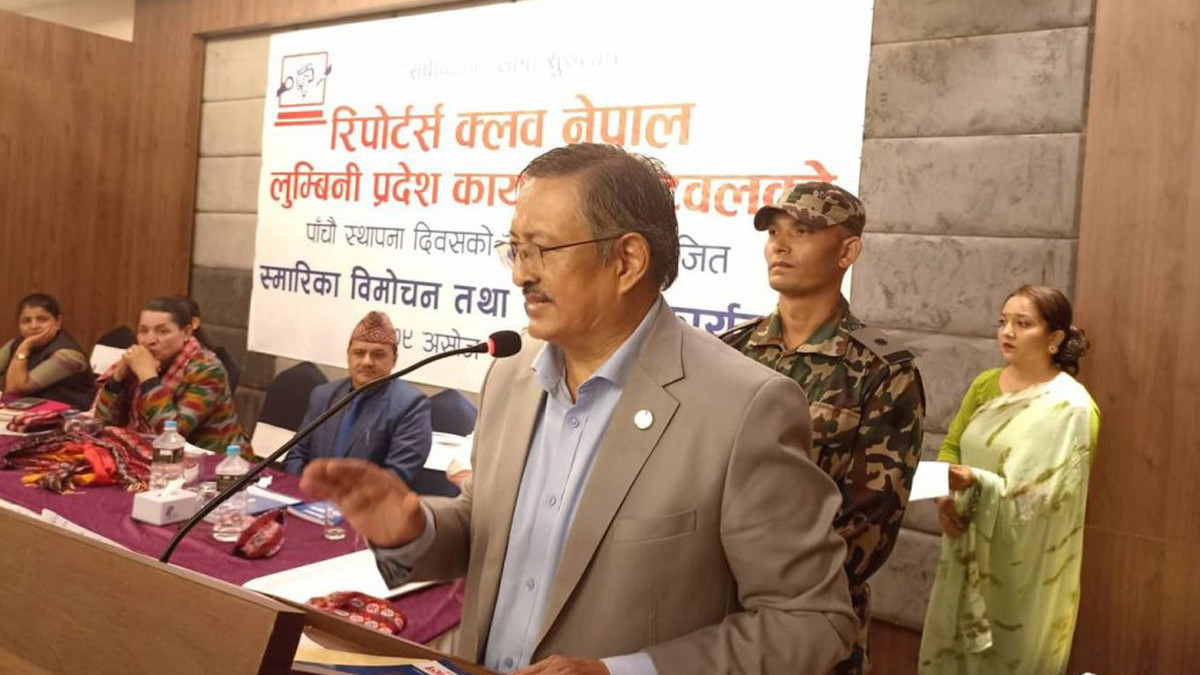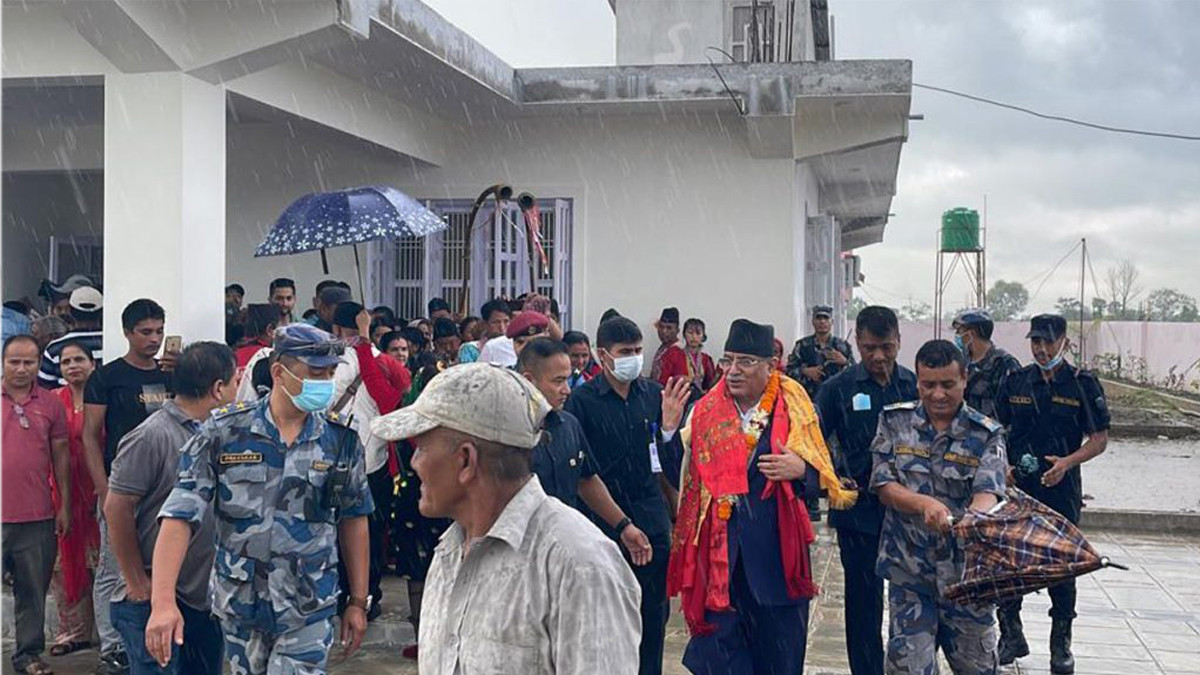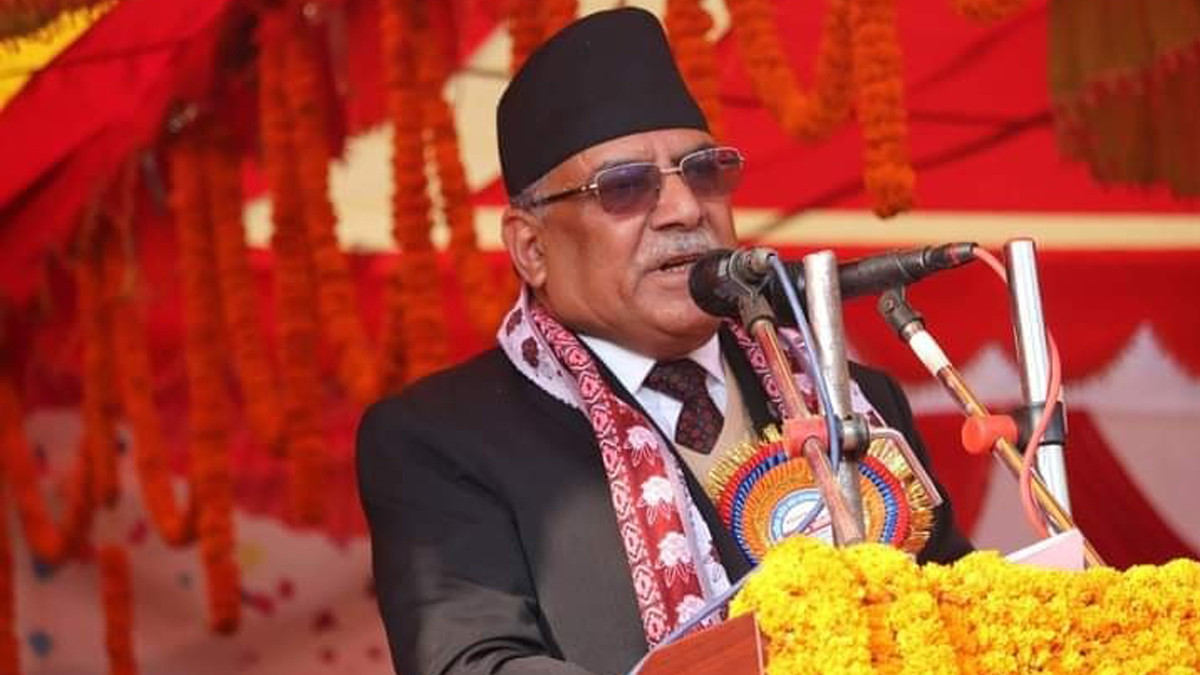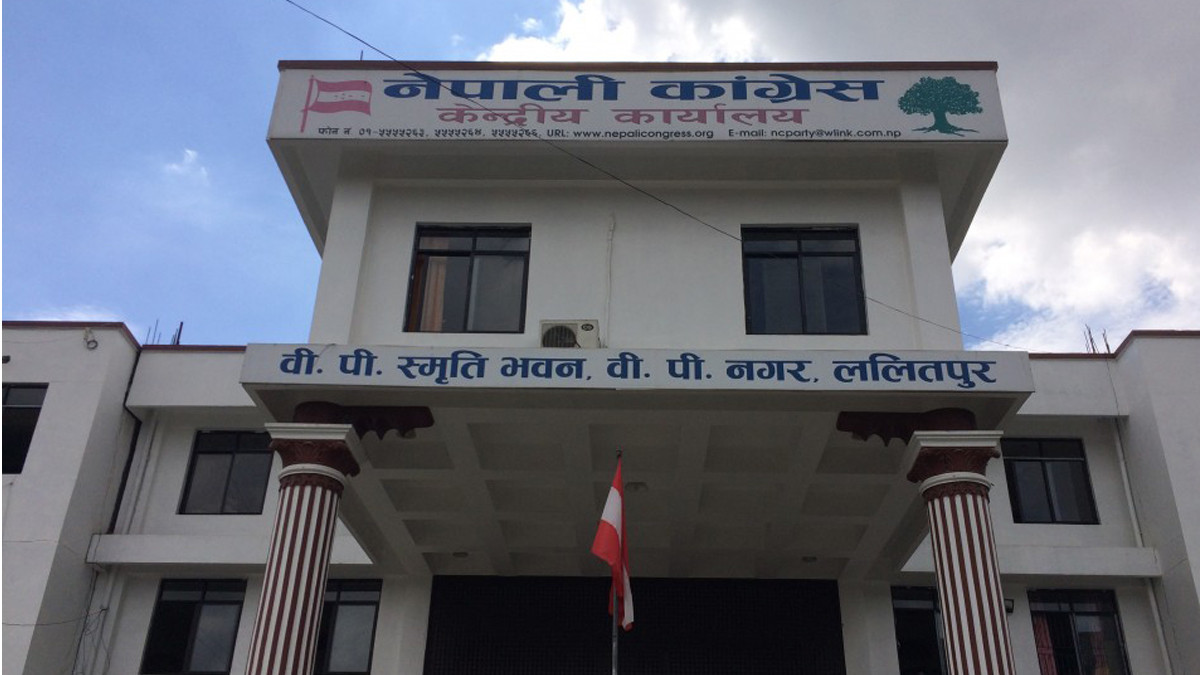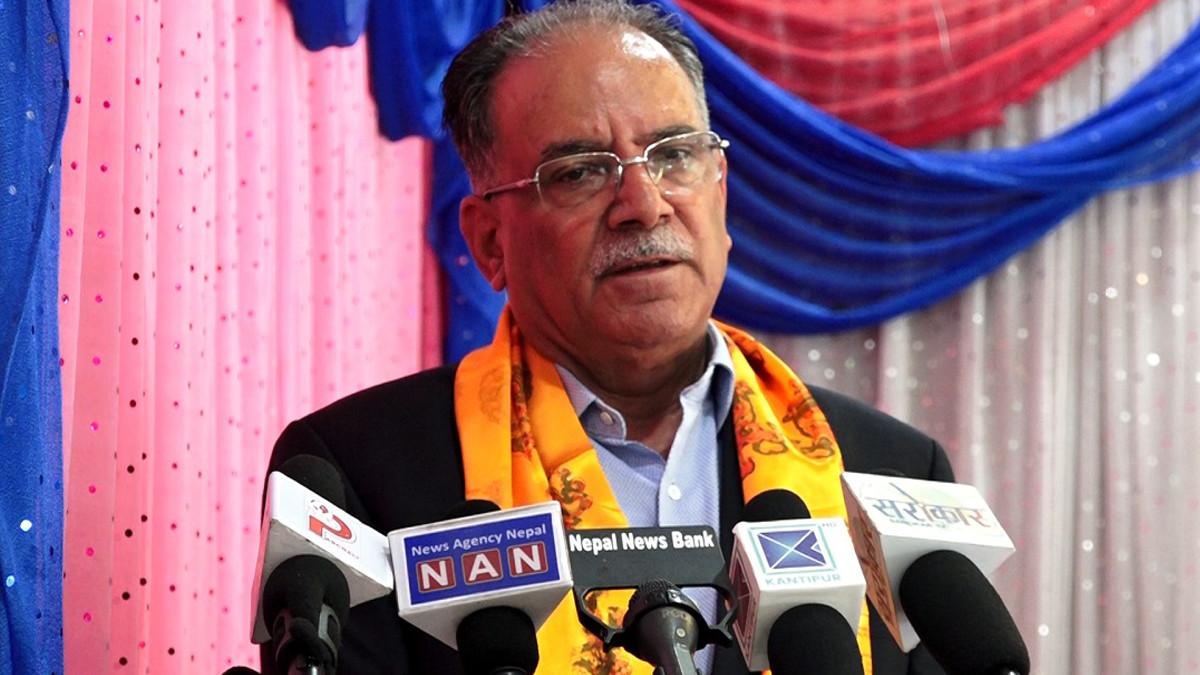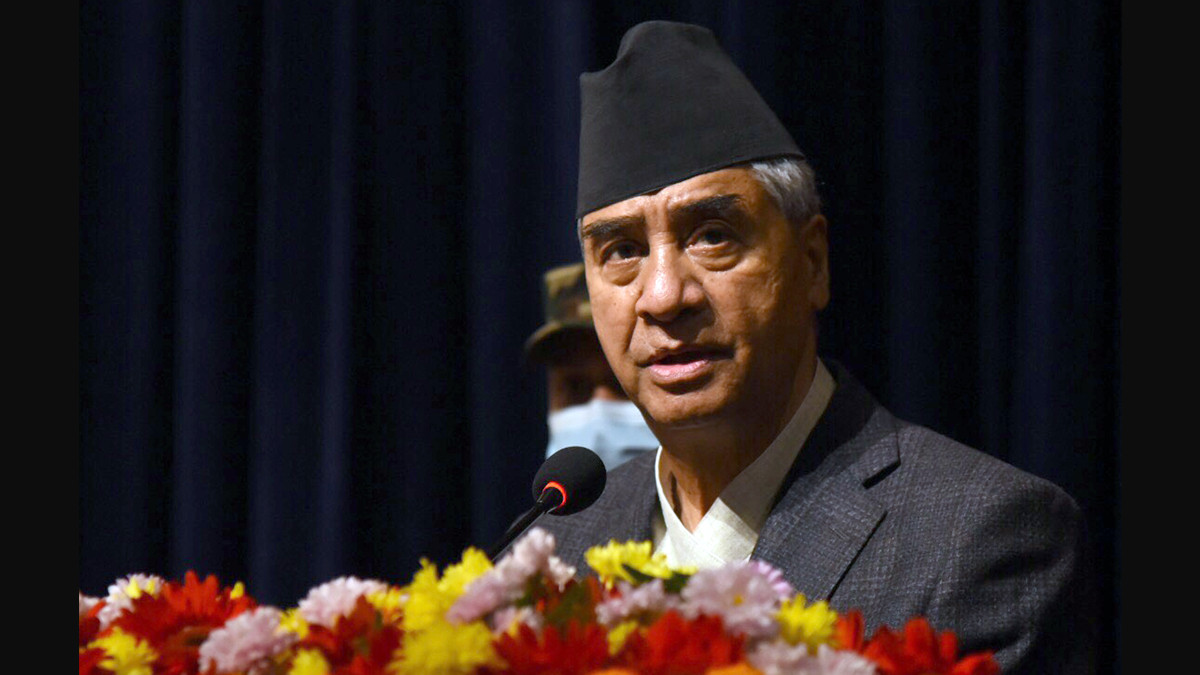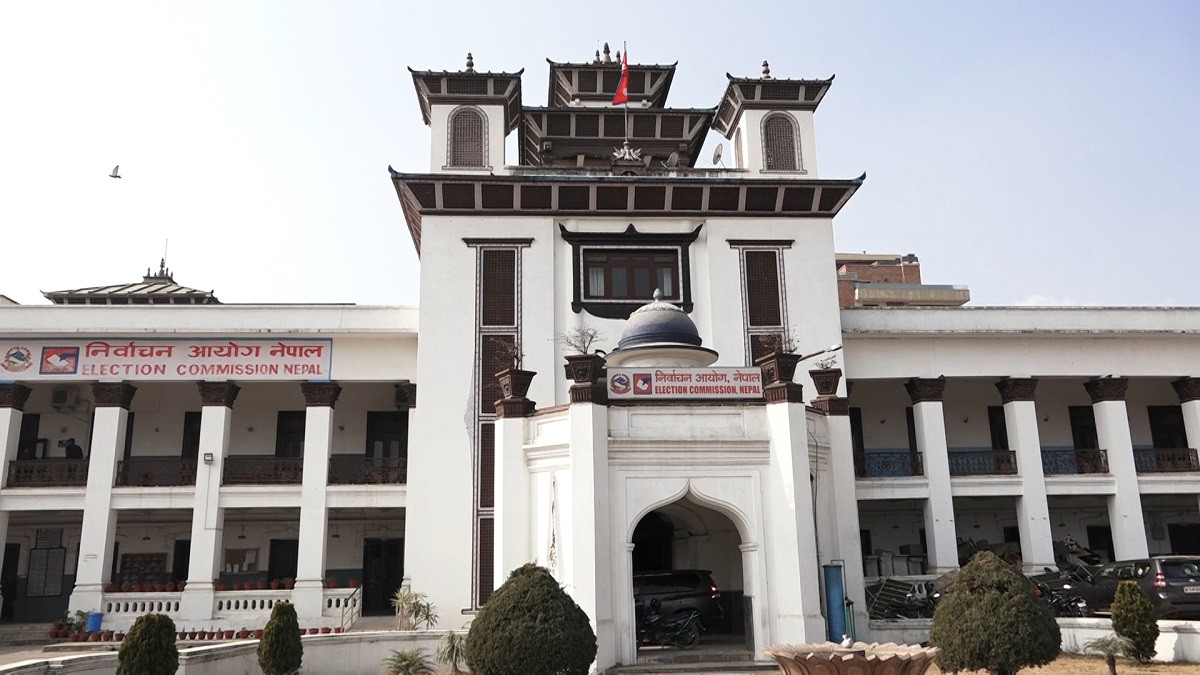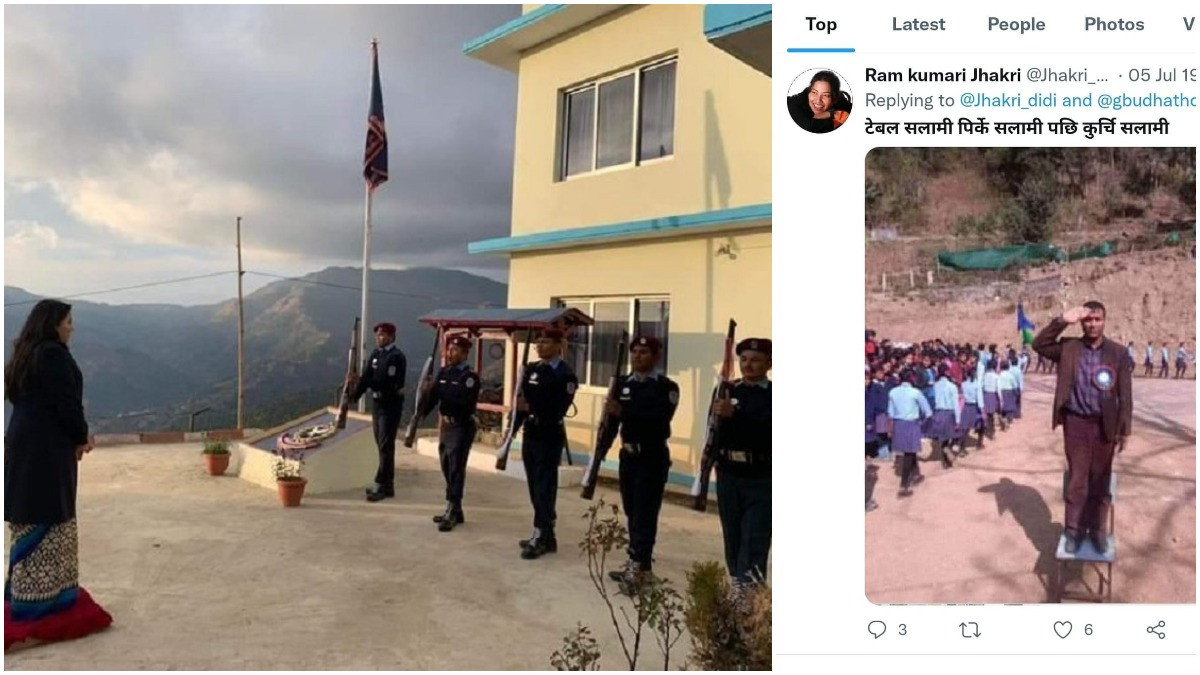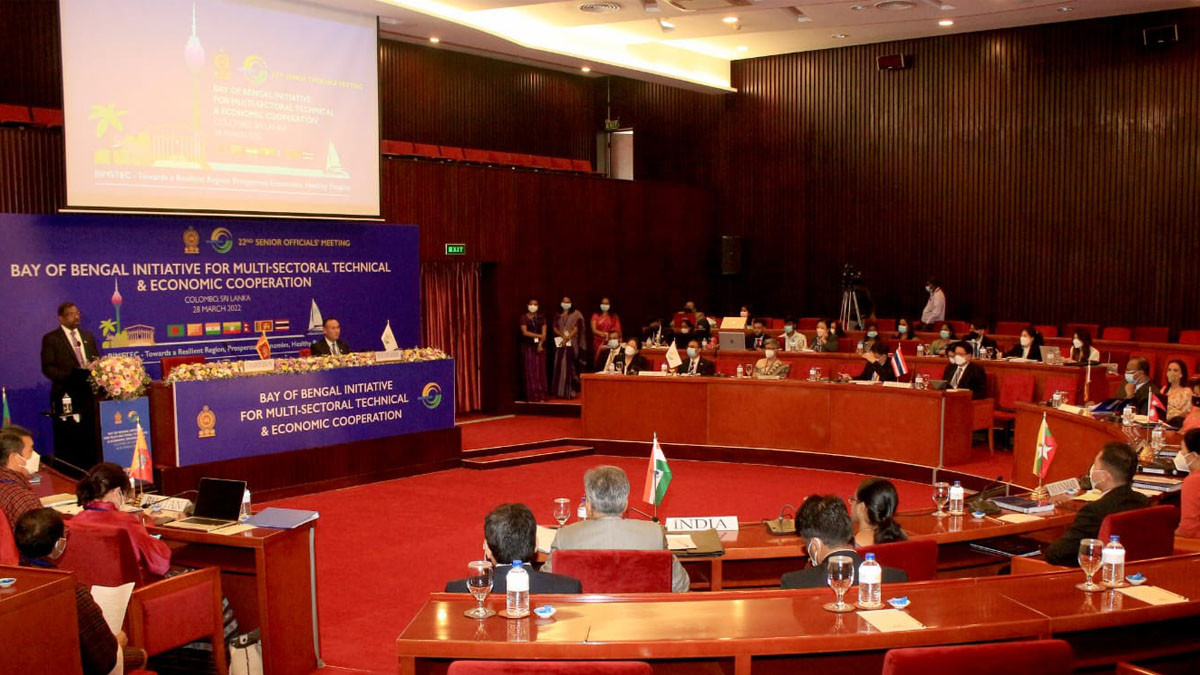 The 5th BIMSTEC Summit was held in virtual mode at Colombo, Sri Lanka on March 30
The 5th BIMSTEC Summit was held in virtual mode at Colombo, Sri Lanka on March 30
BIMSTEC will now expedite cooperation in seven identified sectors, with India leading the security pillar.
The Bay of Bengal Multi Sectoral Technical and Economic Cooperation, better known by its acronym BIMSTEC, was established in 1997, 12 years after SAARC was founded in 1985. SAARC has become dormant and BIMSTEC is still struggling to position itself as an organization that can claim much success, despite BIMSTEC becoming the preferred vehicle of cooperation in the Bay of Bengal (BoB) region and India’s “Act East” policy. BIMSTEC has just concluded its 5th Summit level meeting in the virtual mode at Colombo, Sri Lanka on March 30. Prior to the Summit, BIMSTEC Foreign Ministers met in a hybrid mode on March 28 and 29.
BIMSTEC is a sector-driven regional cooperation organization. Before the Colombo Summit, there were 14 designated sectors for cooperation. Each sector was led by a member country which was responsible for taking initiatives related to that sector.
The sectors, included in various stages, in chronological order, were as follows: 1.Trade & Investment – Bangladesh; 2.Transport & Communication – India; 3. Energy –Myanmar; 4. Tourism – India; 5.Technology - Sri Lanka; 6. Fisheries –Thailand; 7.Agriculture – Myanmar; 8.Public Health – Thailand; 9. Poverty Alleviation – Nepal; 10. Counter-Terrorism & Transnational Crime – India; 11. Environment & Disaster Management – India; 12. People-to-People Contact – Thailand; 13. Cultural Cooperation – Bhutan; 14. Climate Change – Bangladesh.
Henceforth, cooperation will be expedited in seven identified sectors, with India leading the security pillar.
The Summit came at a time when the global order was deeply battered by the COVID pandemic and the war in Ukraine, where there is no definitive outcome, apart from some straws in the wind about a forthcoming agreement. At the Summit PM Modi said: "The recent developments in Europe have raised questions about the stability of the international order. In this context, it has become a greater priority to have regional cooperation. Today we are adopting the BIMSTEC charter to develop institution architecture for our group."
This war and unilateral sanctions imposed by USA and the EU have put a huge strain on global energy prices, fuelling inflation of all BIMSTEC countries. These sanctions have no basis in international law and is a tool being used by the developed Western nations to punish Russia. Food and edible oil prices are also rising, adding to inflationary pressures. This unnecessary war is a double whammy on top of the China-origin COVID virus that has debilitated the global economy since early 2020. The pandemic challenge has been met frontally with innovative new vaccines and there are several vaccines now in the market, for controlling the infection caused by the virus.
The emphasis on the Health Sector in the BISMTEC Agenda, underscores the importance of vaccination to enable people to go back to work. Revival of travel and tourism industries are crucial for countries like Nepal, Sri Lanka and Thailand, whose economies are dependent on these sectors, for their contribution to each country’s GDP.
Adequate healthcare support is imperative for mitigating the pandemic and ensuring economic revival. Along with healthcare, food security, re-skilling of the workforce and employment will be the driving factors to stabilize and boost economic growth. Cooperation at the national, regional and international levels will be essential.
The 2022 BIMSTEC Summit’s theme – “Towards a Resilient Region, Prosperous Economies, Healthy People” – is indicative of the problems that BIMSTEC countries are facing.
Host country Sri Lanka is facing its worst economic crisis in decades. India has offered substantial financial aid to help Sri Lanka import essential commodities. A country, whose economy was largely dependent on Tourism and export of Tea, saw its GDP shrink and foreign exchange reserves dwindle drastically under demand for importing essential commodities and repayment pressure of foreign loans.
Recognizing that the BIMSTEC Secretariat needs infusions of funds, PM Modi announced that India will provide the BIMSTEC secretariat $1 million to increase its operational budget and will extend and expand the scope of the BIMSTEC scholarship programme offered by the Nalanda International University.
The BIMSTEC Charter has been finally adopted after considerable delay. The Connectivity agenda received endorsement with the adoption of the “Master Plan for Transport Connectivity”, a vital ingredient in rejuvenating the economies of the member countries. On Security, PM Modi emphasized the importance of regional connectivity, cooperation and security.
BISMTEC leaders also oversaw signing of the following agreements:
* BIMSTEC Convention on Mutual Legal Assistance in Criminal Matters
* BIMSTEC Memorandum of Understanding on Mutual Cooperation in the field of Diplomatic Training
* Memorandum of Association on Establishment of BIMSTEC Technology Transfer Facility.
Clearly, the security environment will be important. There is high probability that millions who have been rendered unemployed may take to illegal activities to earn their living. Transnational crimes like piracy, drug smuggling, human trafficking, illegal fishing are bound to increase. Security in the Bay of Bengal will be crucial for the Fisheries Sector, a major employer.
The digital space has gained in prominence due to the COVID pandemic. Digital platforms have proliferated for meetings and payments. Hence, cyberspace security has acquired priority to make the digital workspace secure. This opens up a window of cooperation for upgrading human capital via training programmes All meetings at the official and technical levels can be accompanied by training modules in the digital mode run by professionals from different countries.
Such new approaches are required to lift the human capital index (HCI) of BIMSTEC member countries. Disaster Management and Climate Change in the BoB will require heightened attention and cooperation, as the BoB is a maritime space for cyclones and environmental degradation.
Geopolitics casts a shadow over all organizations and BIMSTEC has come under pressure from USA, to exclude Myanmar’s military government from the BIMSTEC Summit to ratchet up pressure on the military junta. This unwarranted pressure was naturally resisted. India’s statement made it clear that Myanmar is a member of the organization and geographically important and cannot be excluded for regional cooperation. Unlike other members, Myanmar was represented by her Foreign Minister. BIMSTEC’s future progress will be undermined by shunning any member, particularly Myanmar which has already created complications because of the Rohingya refugee issue which has soured ties with Bangladesh.
India’s security interests are also tied up with cooperation with Myanmar to tackle insurgency in the north-eastern states. Pressure on Myanmar will again push her into the arms of China and undermine India’s interests in the Bay of Bengal. Moreover, the China-Pakistan strategic nexus continues to work overtime to undermine India’s interests in the region. It would be very unwise to push Myanmar beyond the point of no return. Moreover, in the changing global order and the disruption caused by the COVID pandemic, China will seek to undermine regional organizations, as it attempts to expand its hegemonic envelope and attempts to build a China-centric Asian order. China has already created a fissure in ASEAN over the Code of Conduct draft in the Maritime domain.
BIMSTEC has to pick up the gauntlet of cooperation and overcome the challenge of inertia and lack of political will among some members. It is never easy to build structures of regional cooperation when there are overlapping interests with other regional organizations. Myanmar and Thailand are members of ASEAN and often get distracted from BIMSTEC. It is also incumbent on India to shoulder asymmetrical responsibilities, both in material and human resource terms.
Regional India, integration and harmonization of regulations have to proceed together. India’s development partnership initiatives have committed more funds to regional connectivity, energy development, education, cultural exchanges and public welfare projects. Economic revival and faster growth will remain the key to generate the funds required for regional cooperation.
(The author is a former Ambassador and Secretary in MEA; he served as the Indian High Commissioner and Ambassador in Bangladesh and Thailand; a Founder Director of DeepStrat, a think tank, he is currently a Visiting Fellow at the Observer Research Foundation, Delhi)

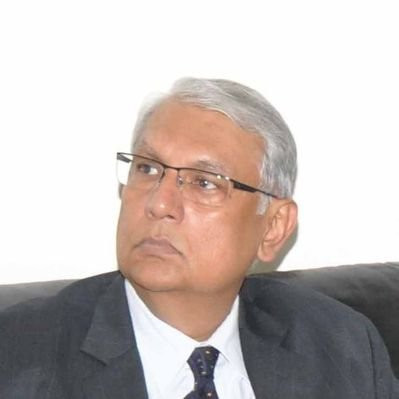 Pinak Ranjan Chakravarty
Pinak Ranjan Chakravarty